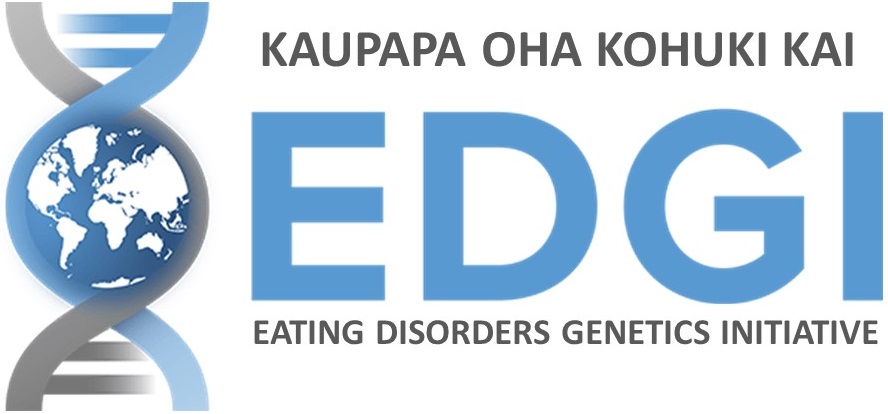What is the connection between ADHD and eating disorders?

Attention deficit hyperactivity disorder (ADHD) starts early in life. Common symptoms include struggling to focus on tasks, making mistakes due to inattention, being over-active and fidgety, and being impulsive – interrupting conversations or acting without thinking. Many people are like this sometimes, but for people with ADHD, the symptoms are persistent and interfere significantly with their daily lives, especially during their school years. ADHD often persists into adulthood and so the need to manage these symptoms can be lifelong.
People with ADHD are more at risk of depression, anxiety, and substance use problems. It is also becoming clear that people with ADHD may also be more at risk of developing eating disorders. This increased risk has been found for all eating disorders, but particularly for those with binge-eating, such as bulimia nervosa and binge-eating disorder.
While we don’t fully understand the relationship between ADHD and binge-eating, the symptoms of ADHD may help to explain these links. For instance, problems with inhibition could make it more difficult for those with ADHD to stop eating when they aren’t hungry. They might also eat more quickly, meaning that biological signs of fullness don’t occur in time. When signs of fullness are present, difficulties with attention might mean that people affected by ADHD are less likely to notice them. There is some support for these ideas, as those with more severe ADHD symptoms have been found to have more binges, and also tend to do less well in treatment.
Recent research suggests that ADHD and eating disorders share some of the same biological risk factors. Large twin studies help us to tease apart the genetic (inherited) and environmental (e.g. life experiences) aspects of these conditions. These studies have shown that the heritability for ADHD is around 74-80% while heritability for eating disorders ranges from 39-74%, depending on the type of eating disorder. Twin studies have also linked some eating disorders symptoms with those of ADHD, showing a high shared heritability of ADHD and binge-eating behaviours in particular. Most recently, genome-wide association studies (GWAS) have used genetic samples from many thousands of people to pinpoint specific genes involved in different psychiatric disorders. Consistent with twin study results, GWAS findings also indicate a high level of shared risk between ADHD and binge-type eating disorders in particular.
Many new strategies, including the GWAS method described above, can help us to more fully understand how genetic and environmental factors together contribute to the co-occurrence of eating disorders and other conditions. The Eating Disorders Genetics Initiative (EDGI) is seeking to better understand the genetic factors that influence eating disorders and how they relate to other psychiatric and physical conditions. We hope that a better understanding of how and why these conditions occur together will ultimately point us to more tailored treatments, with those treatments taking into account specific needs of people with eating disorders and other conditions like ADHD. This will help us move away from a “one-size-fits-all” treatment approach to eating disorders and hopefully lead to better treatment outcomes.
If you have ever experienced an eating disorder at any time in your life, we encourage you to visit edgi.nz to learn more about our genetic study of eating disorders. If you need assistance with a current eating disorder or with symptoms of ADHD, please see your GP in the first instance.
News
Participant Stories
Sorry, we couldn't find any posts. Please try a different search.





